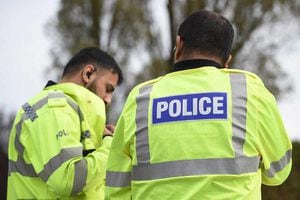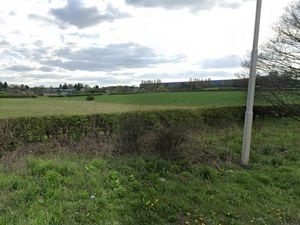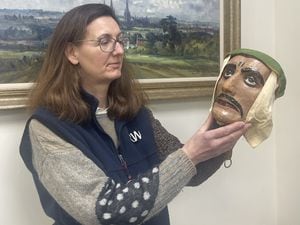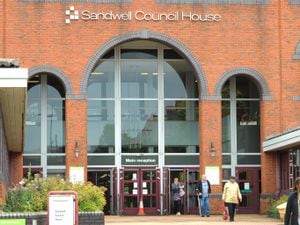Human trafficking arrest as police find West Bromwich bakery 'slaves'
A Polish man was arrested during a police human trafficking operation that uncovered three men suspected of being used for slave labour at a Black Country bakery.

Officers executed a warrant in West Bromwich in the early hours of Monday, November 30 and discovered the men – all Polish nationals – living in two cramped bedrooms.
All three were taken to a police station – but refused the offer of further support via the UK Human Trafficking Centre referral scheme – while a 24-year-old man was arrested on suspicion of conspiracy to commit human trafficking for labour exploitation.
He's been bailed till next February, pending further enquiries, with bail conditions banning him from leaving the UK.
The warrant – carried out two days before the International Day for the Abolition of Slavery – is part of a complex operation that's now seen 10 Polish nationals arrested on suspicion of being part of an organised trafficking gang.
Eight men – aged between 23 and 50 – plus two women aged 21 and 45 are on police bail while detectives investigate claims made by around 40 people that they were worked as slaves and threatened with violence – but it's suspected they may have exploited up to 100 people over the last two years.
West Midlands Police Detective Chief Inspector Nick Dale, said: "The men are telling us they are paid £120 a week but have to hand over half the money in rent…so they are left with just £60. Clearly that's not right; we now need to get to the bottom of their employment status, find out who arranged the work, and how they arrived in the country.
"It's crucial for us to gain the trust and co-operation of victims…at a very basic level we protect victims and get them to a place of safety away from the influence of traffickers.
"If a member of my family in another country was being taken advantage of, working long hours for a pittance and being exploited, I would like to think authorities were working to help them and catch their abusers."
At a second warrant – in a semi-detached house a short drive away – police found a Polish man who arrived in the UK on a coach alongside 20 other compatriots just eight days earlier.
The man told interpreters several other men had left for work at dawn but that his employment was yet to be arranged.
Officers found documentation in the address showing a bank account had already been opened in the man's name - an account he said he knew nothing about.
"It's a classic traffickers' tactic," added Det Chief Insp Dale. "Accounts are set up by traffickers for wages to be paid into but the workers are denied access to the account or in many cases have no idea it exists. The gang masters then pay the victims a small percentage of the salary cash-in-hand and siphon off the rest for themselves.
"Three other men – two 18-year-olds and a 23-year-old who'd been living at the address – turned up at a police station the following day reporting they'd been brought to the UK under false pretences and were being denied wages. They've expressed a wish to return home so we're helping in that repatriation process.
"These are people living in ordinary houses that could have been anywhere in the West Midlands. Modern day slavery is happening in our communities; if anyone has suspicions about addresses near them, maybe they see minibuses taking people away at dawn for work and returning late in the day, then I'd ask them to call us."
West Midlands Police can be contacted on the 101 number, while human trafficking charity Hope for Justice can be contacted on 0845 519 7402.





